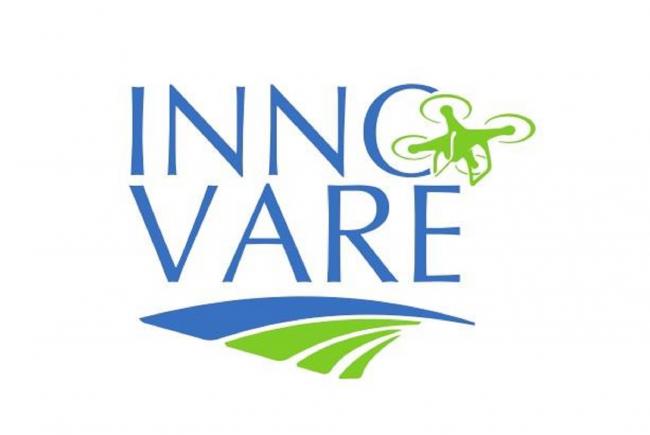Intelligent and sustainable management of the water needs of crops through aerial and ground sensors

Realize an automatic system for a smart and sustainable management of the crops water needs by means of real-time data collection and analysis provided by fiber optic sensors designed and built for soil moisture monitoring and from remote piloted systems (RPAS) equipped with sensors for capturing aerial images of agricultural field to observe and inspect the health state of crops.
Artificial Intelligence collects data from sensors and images from drones, analyzes them using data mining algorithms, and elaborates the optimal irrigation strategy.
- Project menagment
- Find best metrics for management water requirement of vegetable crops
- Design and implementation of new sensors for smart and management of vegetable crops
- Design and implementation of UVA for smart and management of vegetable crops
- Analysis, design and deploy, data acquisition and mining platform for data analysis
- Deploy, installation and testing of demonstrator prototype
- Dimostration and testing
- System result presentation
The project aims to create a system for intelligent and sustainable water management in agriculture. It provides for the use of appropriate technological infrastructures able to extract information in real-time from the monitored land in order to manage it optimally. These infrastructures include various types of underground sensors able to measure, in real-time, the metrics of interest (fiber-optic sensors for humidity detection). Moreover, they include UAV aircraft, such as drones or small aircraft, equipped with suitable sensors (e.g. thermal or multispectral cameras) for the capture of aerial images that allow mapping the considered agricultural land to detect the state of the crops in the time.
For example, the relevant information is:
- the land characteristics,
- the microclimate and its humidity levels,
- the possible threats to the health of crops.
The relevant information, extracted from the sensors, are stored and analyzed through the use of ad-hoc data mining algorithms to extract metrics to identify, in real-time:
- the most suitable irrigation techniques for the soils analyzed;
- the state of irrigation of the land and the irrigation requirements;
- other maintenance tasks related to the condition of the monitored.
The advantages deriving from the implementation of this irrigation management system are relevant if we consider that on the base of the climate change, the farms have to balance the external factors with the plantation process.
The innovation introduced by the project aims to create a system for the smart and sustainable management of the crops’ water needs, through the use of appropriate technological infrastructures, capable to gather real time information from the soil, in order to manage it optimally . These infrastructures include fiber optic sensors for the real-time measurement of soil moisture as well as drones equipped with specific sensors (thermal / multispectral cameras) for capturing aerial images that allow the user to map the farmland of interest and state of the crops in critical moments of the plants life cycle. The useful information, extracted from the sensors’ data, is then stored in archives and analyzed through the use of appropriate data mining algorithms to extract metrics suitable for identifying different indicators in real time as:
- the most suitable irrigation techniques for the farmland
- the irrigation requirements;
- maintenance recommendations related to the condition of the farmland.
The impact of applying the system will result in:
- water volume saved - reduction of cultivation costs;
- qualitative evaluation of the product obtained with respect to the market standards;
- quantitative evaluation of the product obtained with respect to market standards
- health status of production
INDUSTRY / SECTOR
Fruit and vegetable products
EXPECTED EFFECTS
- Water saving
- Productivity improvement
- improvement of soil quality
| Titolo/Descrizione | Url | Tipologia |
|---|---|---|
|
sito web del progetto
|
Sito web
|